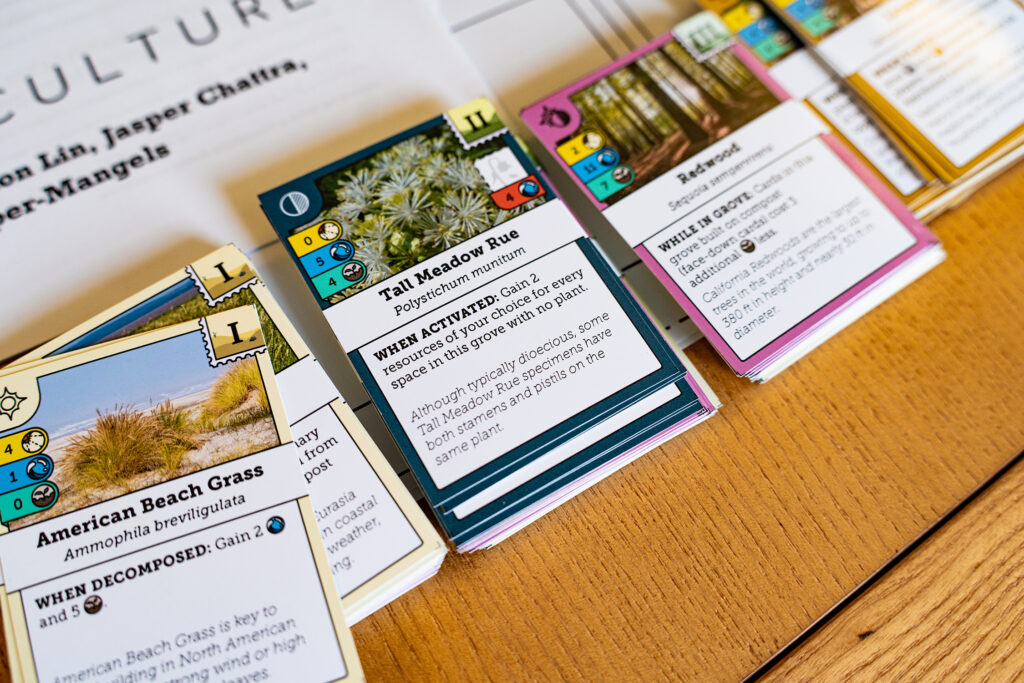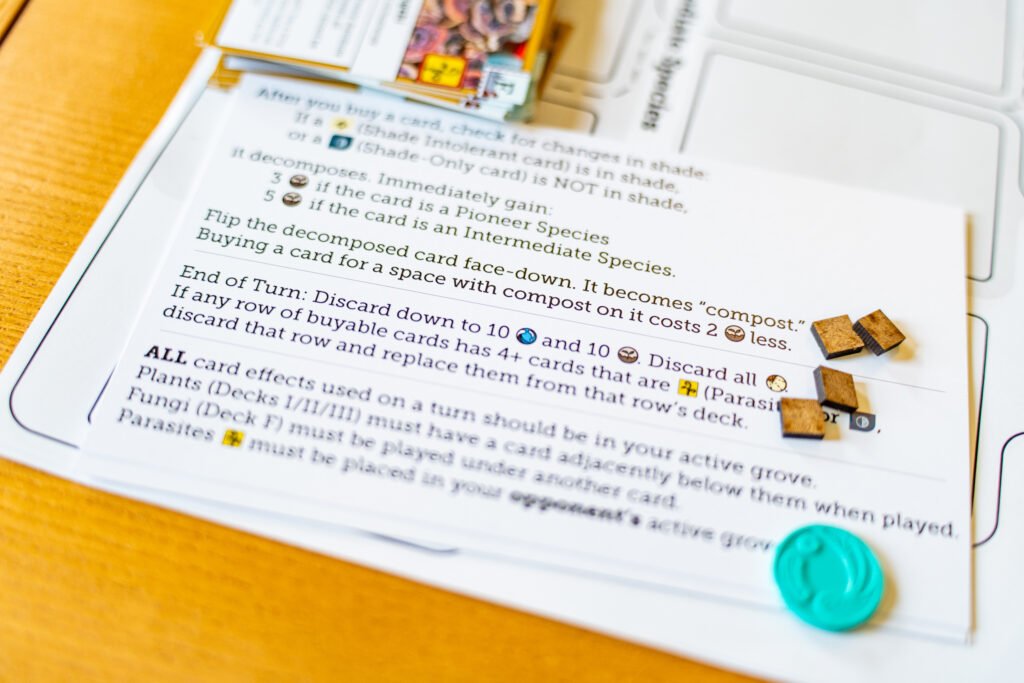Game Theory

Assistant Professor of the Practice in Italian and Education Studies Camilla Zamboni believes that the best use of her brain is playing games. “I always feel that when I engage in a game, either designing it, or translating it, playing it, or watching it, it always makes me think differently,” Zamboni said. “It gives me novel perspectives on diverse matters or addresses a solution or a way of explaining something that I hadn’t considered. To me, that is quite fantastic.”
Zamboni has taken her firm belief in the power of games and channeled it into the Educational Gaming Lab, a course in the College of Education Studies and the College of Design and Engineering Studies where students study how games work and how they can be leveraged for educational purposes and learning outcomes. The course was first taught in 2021.
The students learn about the theories behind games and the practical aspects of making them. “I want to develop among students a common vocabulary to talk about games and why they matter in education. I then merge that with elements of game design,” Zamboni said.
By the end of each semester, students in her course will create learning games for wide audiences and for adults. For example, the game Inside and Out helps teach preschoolers how to recognize and regulate their big feelings. Lupus in Fabula is a Latin-learning escape room puzzle hunt that follows the story of a group of Latin students who accidentally summon a demon by saying the wrong word in the wrong way, and they must solve puzzles and decrypt riddles to find out how to defeat the demon—mastering principles of Latin in the process.
“A thing I want students to have as they finish this class is a different way to think about pedagogy. If they become teachers or do any kind of facilitating, the techniques they learn will help make any topic more interesting, engaging, and interactive,” she said.

Zamboni grew up as a game-smitten kid in Italy, starting with role-playing tabletop games like Dungeons and Dragons. She moved to the United States for graduate school and became interested in pedagogy and language learning. “I started creating curriculum, including teaching and learning materials that could be engaging, affordable, and accessible,” Zamboni said.
She kept playing on the side but didn’t see how to bring together her experiences as a gamer and as an educator. However, Zamboni realized that the very things that make games so addictive are the same things that would help someone learn a language. So, she set about adapting her favorite party games for use in her Italian language classes.
“The more I looked at them, the more I thought, this would be great if I change the cards and make the cards match with the vocabulary I am teaching in my language classes. It would be effective and engaging,” Zamboni said. “So, I started hacking the games.”
For example, different role-playing games adapted to language teaching would provide valuable opportunities for vocabulary development, Zamboni said. That interest led Zamboni deeper into the study of games—how they are designed, how they work in society, how they foster learning, and how they can be misused. “It’s a field of study that is quickly growing and developing,” Zamboni said.
Variations on that theme appear across the University. The work of Distinguished Professor of Computational Media Christopher Weaver focuses on using interactive media to reach grade school-aged students, improving their fluency in STEM principles and bolstering their curiosity toward the sciences. In Weaver’s course on video game development this spring, Wesleyan students undertake a hands-on exploration of the creative and technical concepts underlying modern video games, creating prototypes and harnessing a synthesis of art, design, and science.
“I want to develop among students a common vocabulary to talk about games and why they matter in education.”
Assistant Professor of the Practice in Italian and Education Studies Camilla Zamboni
Game-based learning takes place within a curated experience and creates agency for the players, Zamboni said. The narrative shift in board games over the past two decades has also increased players’ ability to test personas or navigate complex moral situations.
“Games allow you to take on different identities and to try out different decisions and outcomes that don’t necessarily have a reflection in the real world,” Zamboni said. “Modern games are all about meaningful choices . . . They promote social emotional learning.”
The games have become more complex, rivaling pieces of art, and thus more valuable beyond their status as amusements. For the Wesleyan students who go into teaching as a career, a playful attitude toward systemic thinking will help solve the very real issues facing educators—an incredible legacy for this class.




